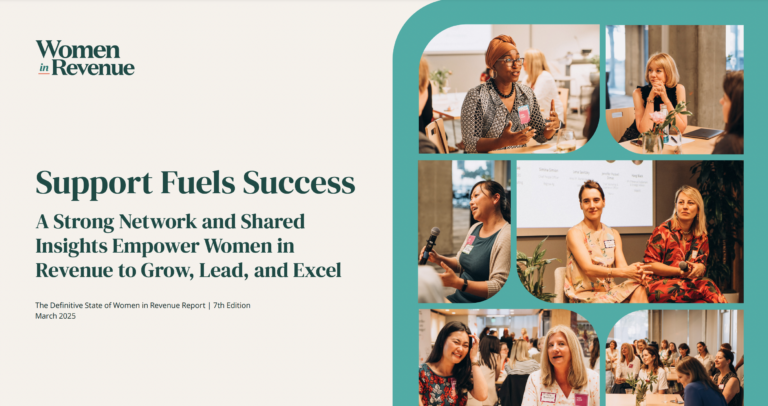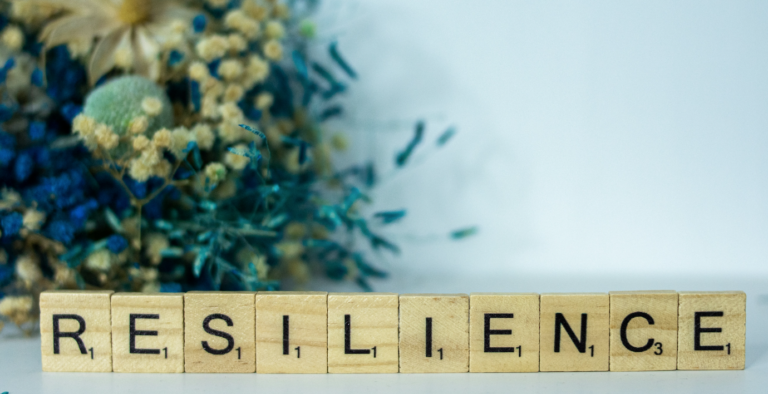Nearly half of all employed women worked remotely in 2020 because of the COVID 19 pandemic, and many of us still do today.
Working from home offers conveniences like no commuting, the comforts of home, and the ability to unload the dishwasher between meetings. But it brings added stressors, too. Children, pets, home repairs, and countless other to-dos can fill our minds and make it nearly impossible to fully focus on our work, let alone our own mental and physical health.
Yet, we’re told to prioritize self-care as an additional responsibility. Practice mindfulness. Unplug often. Set healthy boundaries. Learn to listen to your body. Put yourself first. Blah blah blah.
Conversations around self-care — or what the World Health Organization (WHO) defines as “individuals, families, and communities promoting and maintaining their own health with or without the support of a health worker” – have never been more common or more discouraging.
Thanks to our own high expectations as well as society’s, we’ve unintentionally created a vicious cycle in an attempt to care for ourselves. We know self-care is important to prevent burn out, yet we feel guilty and selfish if we take the time to practice it.
But what if we have self-care all wrong?
Women In Revenue welcomed Jeanette Bronée, internationally recognized wellbeing expert, author and two-time TEDx Speaker to explore self-care at our last event. You can enjoy her full presentation, Rethinking Self-Care at Work, here. Or, keep reading to learn some valuable self-care nuggets including understanding what self-care really is and what that looks like in a professional setting.
What does self-care actually mean?
Maybe you don’t think of self-care as a weekend pedicure or a much-deserved glass of wine after a long day (If you do, don’t worry: You’re in good company!). Either way, Bronée thinks self-care – and how it affects us in the workplace – is far more about “care” than “self,” and that focusing too much on self is a significant part of the problem. She challenges us to push our ideas of self-care to the next level.
“Self-care is not what we do after work to recover,” Bronée says. “It’s how we work better so we don’t have to recover. Wellbeing is not the goal. It’s how we achieve our goals.”
Jeanette Broneé: TEDx Speaker, Cultural Strategist, Wellbeing Expert, and Author
So how do we shift from a recovery mindset to a prevention one? Let’s find out.
3 ways to rethink self-care at work
Our view of and approach to self-care shifts when we understand that people are advantages to harness instead of problems to solve. Jeanette offers many solutions to shift your point of view on self-care from “self” focused to “care” focused.
Three solutions are detailed below, and we highly encourage you to listen to the full presentation for the rest.
[1] Hold space for difficult conversations
Time is money. And introspection takes time many of us think we can’t afford to take (Hint: We’re wrong!). Bronée encourages us to see this time as an investment in our own self-care and to hold space for who we are as people beyond how we can professionally grow and change.
“Imagine if we could pause more,” she says. “What change can happen? That small pause where we can exhale for just a moment and allow a nervous system to calm down lets us really ask, ‘Hey, how am I doing in there, and what do I need so that I can be at my best right now?’ ”
Jeanette Broneé: TEDx Speaker, Cultural Strategist, Wellbeing Expert, and Author
[2] Understand that self-care is bigger than you
Being honest, curious, and kind – especially with yourself – gives us the awareness to understand that if we aren’t aware of our own internal challenges, others might not be either.
When we change how we think about self-care, we don’t just do it for ourselves. Instead, it also helps us care for, connect with, collaborate, and communicate with others. In Bronée’s words, “we self-care together,” and we’re all the better for it.
[3] Develop healthier behaviors
Acknowledging challenging feelings and understanding that you’re not alone in feeling them is useless without developing healthy behaviors to help you combat and correct the emotions themselves. Healthy self-care takes action. So, here are two restorative steps you can take to live and work healthier for yourself and others.
- Take 3-5 minute power pauses: Short pauses between meetings to stretch, get a snack or a glass of water, and take a breath lets your nervous system calm down. We’re more likely to make mistakes or miss out on important information when we’re unfocused: Taking pauses and calming down lets ou focus on your next task.
- Adopt an “AAA” mindset: There are lots of stressors beyond our control. However, we can control how we respond to them. Bronée lays out a three-step process: Acknowledge how you’re feeling, accept those feelings as valid, and reclaim your agency.
She says, “when we pause for a moment, we’re aware of how we feel, we acknowledge the circumstances for what it is and accept what it is. Now, we can then become more adaptable, agile and healthy in our workplaces.”
This AAA mindset is a valuable tool in your emotional toolkit, and can help you see problems, and people, in a more positive light.
Self-care is just the beginning
We’ve provided a quick overview of Jeanette’s tips to adopt a healthy view of self-care and a self-care mindset in a professional setting. However, she has much more wisdom to offer.
Listen to the rest of her presentation here.
Or check out our resource library of articles, eBooks, webinars, and reports to learn more tips to help you succeed as a woman in a revenue-generating role.




